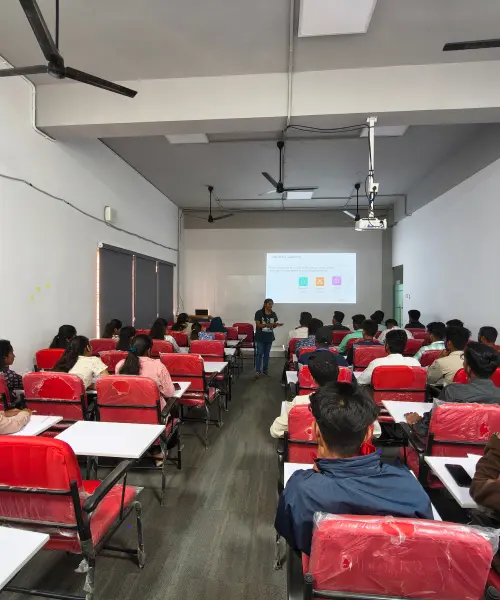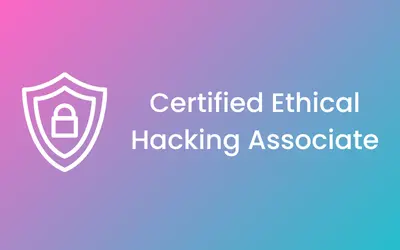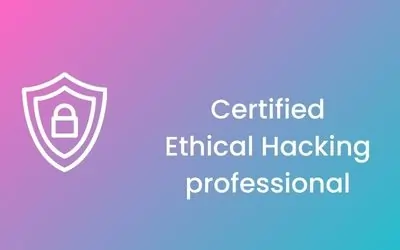CYBER SECURITY TRAINING IN TRICHUR
-

-
(10720 Reviews)
-
Top Career Opportunities: Discover top job opportunities in Trichur's cybersecurity sector. Prepare for exciting roles like security analyst or network defender.
-
Essential Skills for Success: Develop crucial skills such as ethical hacking, threat analysis, and data protection to excel in the ever-evolving digital landscape.
-
Practical Experience: Gain valuable hands-on experience through internships at leading companies in Trichur. Strengthen your skills and confidence for a remarkable career in cybersecurity.

























